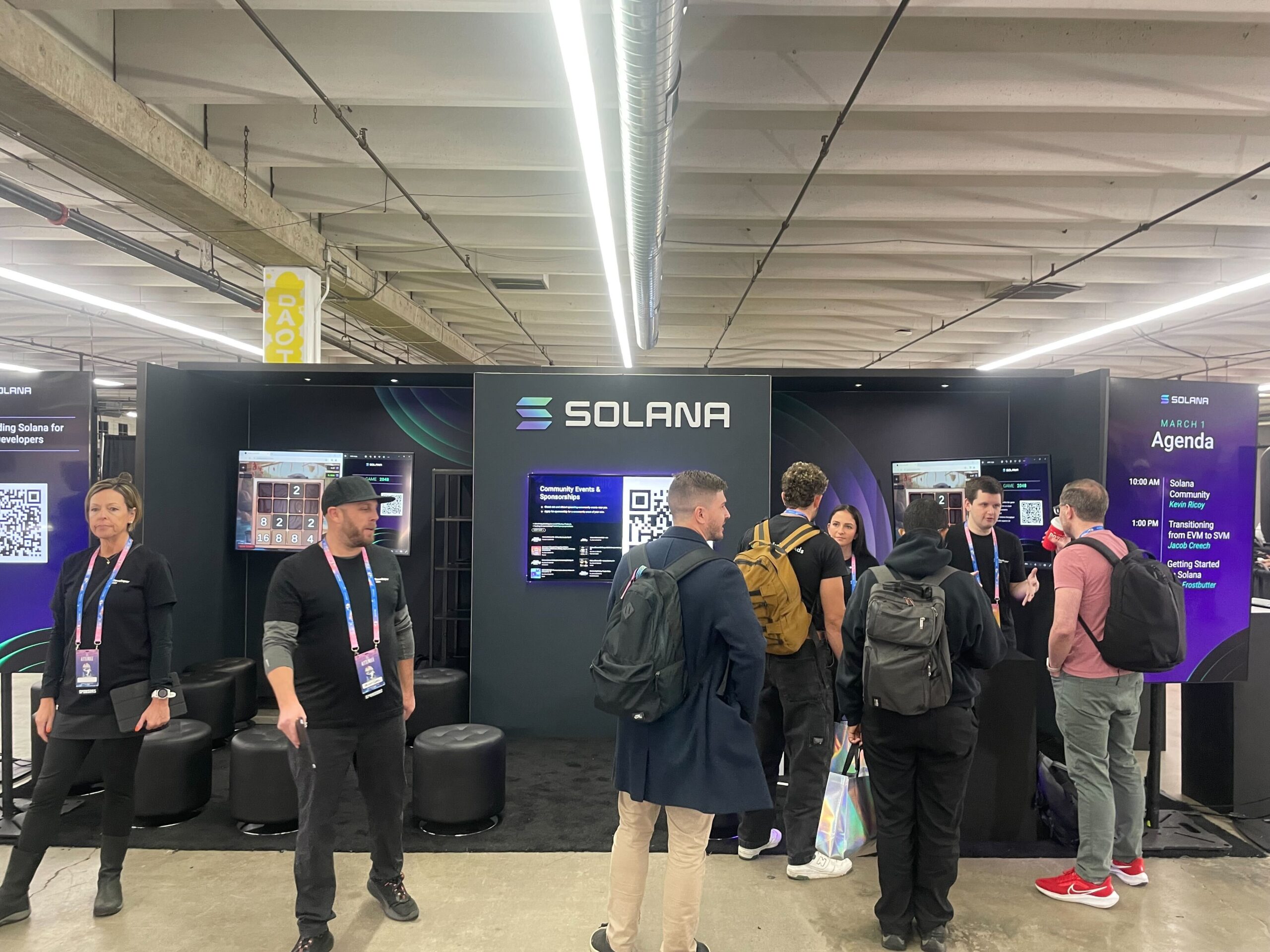Solana Devs Indicate New Governance Proposal to Enhance Community Security, but It Would Make SOL More Inflationary

The Solana neighborhood is currently weighing a governance proposal to change the sequence mannequin of its precedence prices, a trudge intended to toughen the blockchain’s total successfully being and security. But on the identical time, the proposal would procure SOL more inflationary, which some within the neighborhood are wretched about.
Solana customers pay prioritization prices besides to to unsuitable transaction prices as a vogue to compel validator nodes to comprise their transactions in blocks on the network.
Currently, half of of the precedence prices are burned whereas the different half of are given as rewards to validators, who activity transactions and rob half in Solana’s consensus mechanism. In accordance with Tao Zhu, a core engineer at instrument firm Anza Labs who helped write the original governance proposal, the original mannequin “doesn’t fully align with validator incentives and inadvertently encourages aspect affords.”
Read More: What Is Solana’s Proof of History? A Beginner’s Files
With the original precedence rate mannequin, a Solana user can either pay a precedence rate of 1 SOL by which a validator gets 0.50 SOL, with the final quantity getting burned. Or the user can fabricate an aspect deal offchain with a validator to comprise their transaction prioritized.
As an different of incurring a 1 SOL payment in total to comprise their transaction prioritized, somebody the utilization of an aspect deal could per chance well pay 0.75 SOL without prolong to a block-producing validator for prioritizing their transaction, which circumvents the burn. This enables the user to incur a lower precedence rate payment and locations more rewards within the validator’s pocket.
This “creates an imbalance where the incentives of validators are now not adequately aligned with the network’s total successfully being and security,” Zhu mentioned.
“Aspect affords are now not onchain and so validators can attain these affords with out somebody shiny and then pocket the income and the stakers would specialise in no comprise the relieve of it,” wrote Helius Labs CEO Mert Mumtaz in a non-public message on X to Unchained.
Laine, a Solana validator, wrote on X that “The actuality is that the original precedence rate mechanism affords for aspect affords which fabricate opacity and prevent free, clear, and equitable access to dam keep for all network participants.” In accordance with Anza instrument developer Andrew Fitzgerald in an email to Unchained, “The inducement for validators to originate imposing aspect deal mechanisms is easiest getting increased.”
Zhu’s proposal would set away with the 50% burn rate and affords the total precedence rate to the validator.
Inflationary Affect
By weeding out the burn mechanism for precedence prices, the governance proposal would procure SOL more inflationary, some extent of contention among those within the Solana neighborhood. The proposal’s final result would be an expand in SOL issuance of 4.6%, in accordance to Laine, who is “a small bit for it currently,” writing 15 hours ago.
In a dialogue posted to the Solana subreddit that has 85 comments and 116 upvotes, a user with the show camouflage name @Good enough-Study3863 who began the dialogue expressed disapproval of the proposal, arguing that it increases inflation on the network and devalues of us’s SOL holdings.
“That is a wild proposal and abominable for customers,” wrote one other Reddit user who goes by @SettyG123. “It’s abominable for the network [because] it consistently provides more SOL into the network with out burning.”
Read More: Solana Is Ripping. But Are the Economics of the SOL Token Sustainable? – Unchained
Helius Labs’ Mumtaz, who helps the proposal, mentioned to Unchained that “the inflation expand is pleasing low and if the change encourages more of us to stake (because now validators comprise more income to rev portion and hence stakers pick up increased [annual percentage yields] then I comprise that’s a internet-roam very lengthy time frame.”
While Zhu first drafted the proposal to change Solana’s precedence rate on Dec. 18, he didn’t publish it to the Solana developer forums until two days ago.
Solana validators will originate voting on whether or to now not boost the governance proposal at epoch 617, which is predicted to occur subsequent week. Nonetheless, despite the incontrovertible truth that the vote passes, “the code to suggested it obtained’t basically be rolled out into Mainnet until v2.0.0 that could per chance also be one day in Q3 most likely,” Laine mentioned in an X put up Wednesday.
Source credit : unchainedcrypto.com
